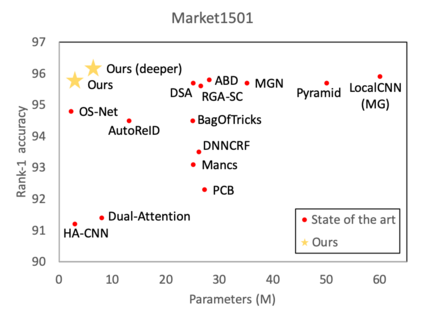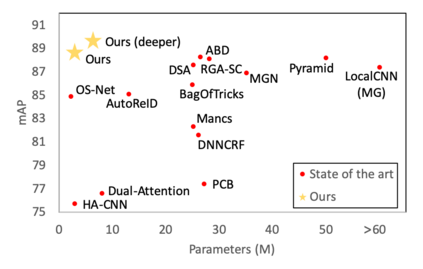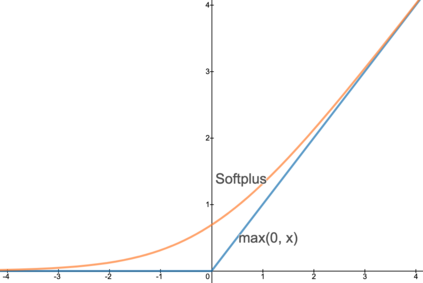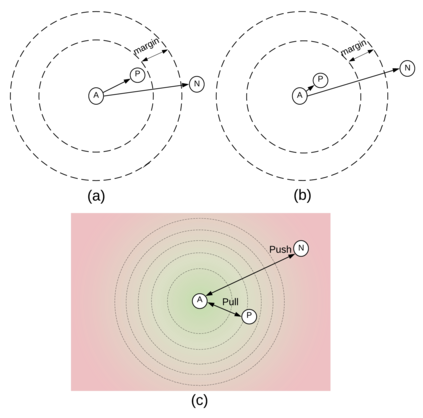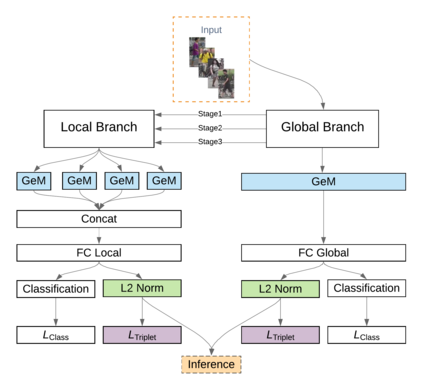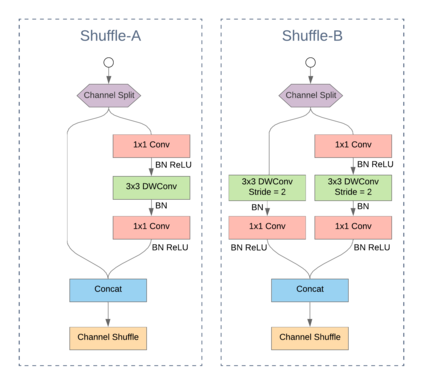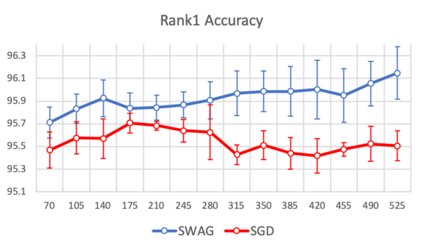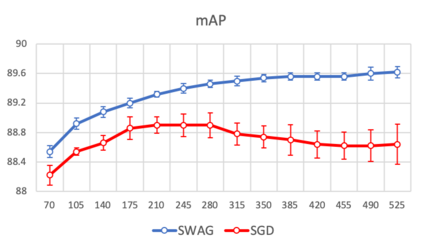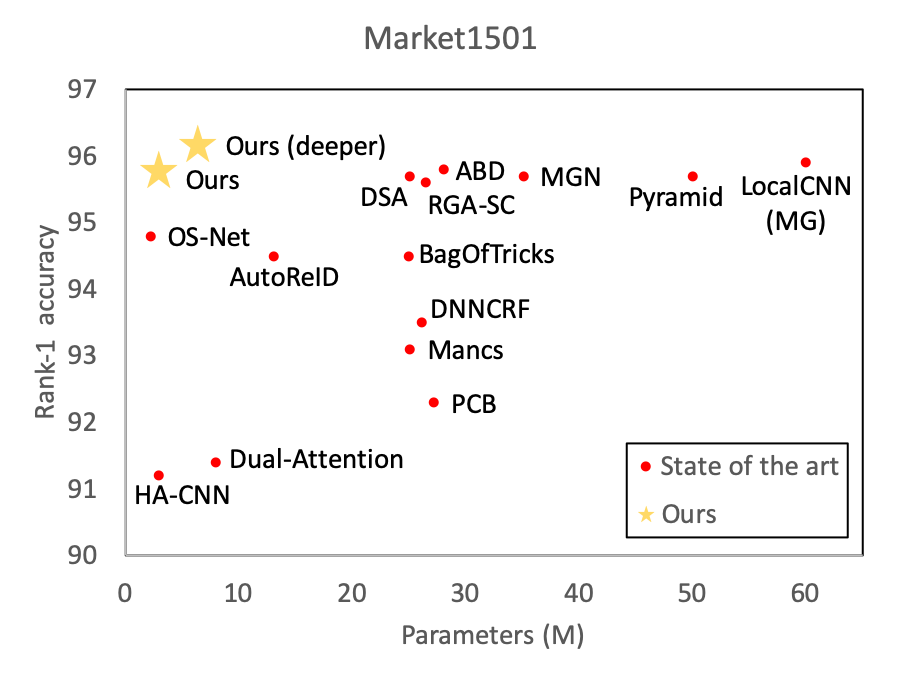The task of person re-identification (ReID) has attracted growing attention in recent years with improving performance but lack of focus on real-world applications. Most state of the art methods use large pre-trained models, e.g., ResNet50 (~25M parameters), as their backbone, which makes it tedious to explore different architecture modifications. In this study, we focus on small-sized randomly initialized models which enable us to easily introduce network and training modifications suitable for person ReID public datasets and real-world setups. We show the robustness of our network and training improvements by outperforming state of the art results in terms of rank-1 accuracy and mAP on Market1501 (96.2, 89.7) and DukeMTMC (89.8, 80.3) with only 6.4M parameters and without using re-ranking. Finally, we show the applicability of the proposed ReID network for multi-object tracking.
翻译:近些年来,随着业绩的改善,重新确定身份(ReID)的任务日益引起人们的注意,但缺乏对现实世界应用的重视,大多数先进方法都使用大型预先培训模型,例如ResNet50 (~25M参数)作为主干,这使得探索不同的结构修改变得乏味。在本研究中,我们侧重于小规模随机初始化模型,这些模型使我们能够方便地引入适合个人重新开发公共数据集和现实世界设置的网络和培训改造。我们通过表现第一级准确度和MAP在市场1501(96.2,89.7)和DukumeMTMC(89.8,80.3)方面的先进结果,显示了我们的网络和培训改进的稳健性,我们展示了拟议中的ReID网络在多点跟踪方面的适用性。

